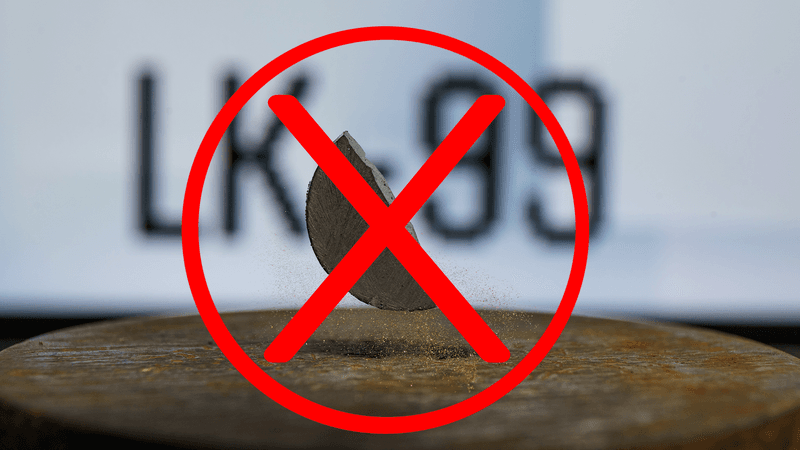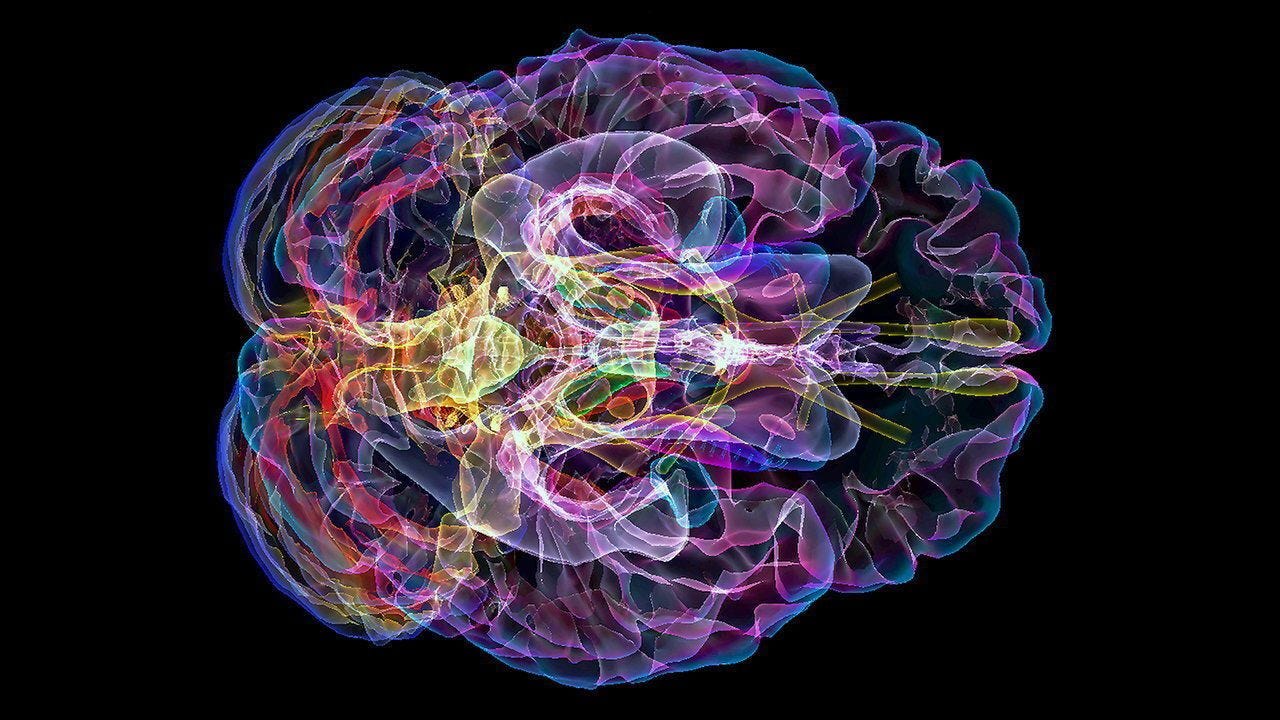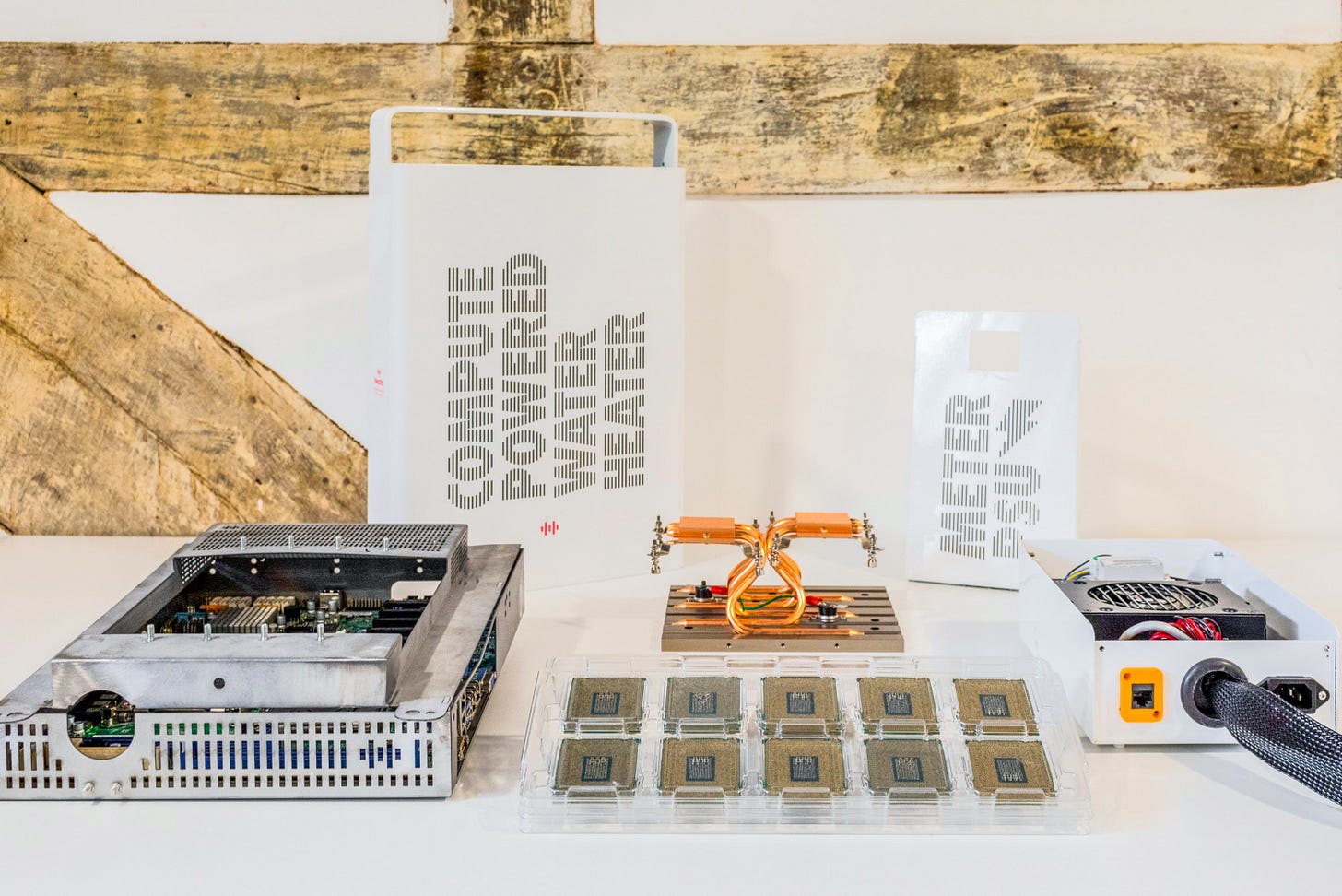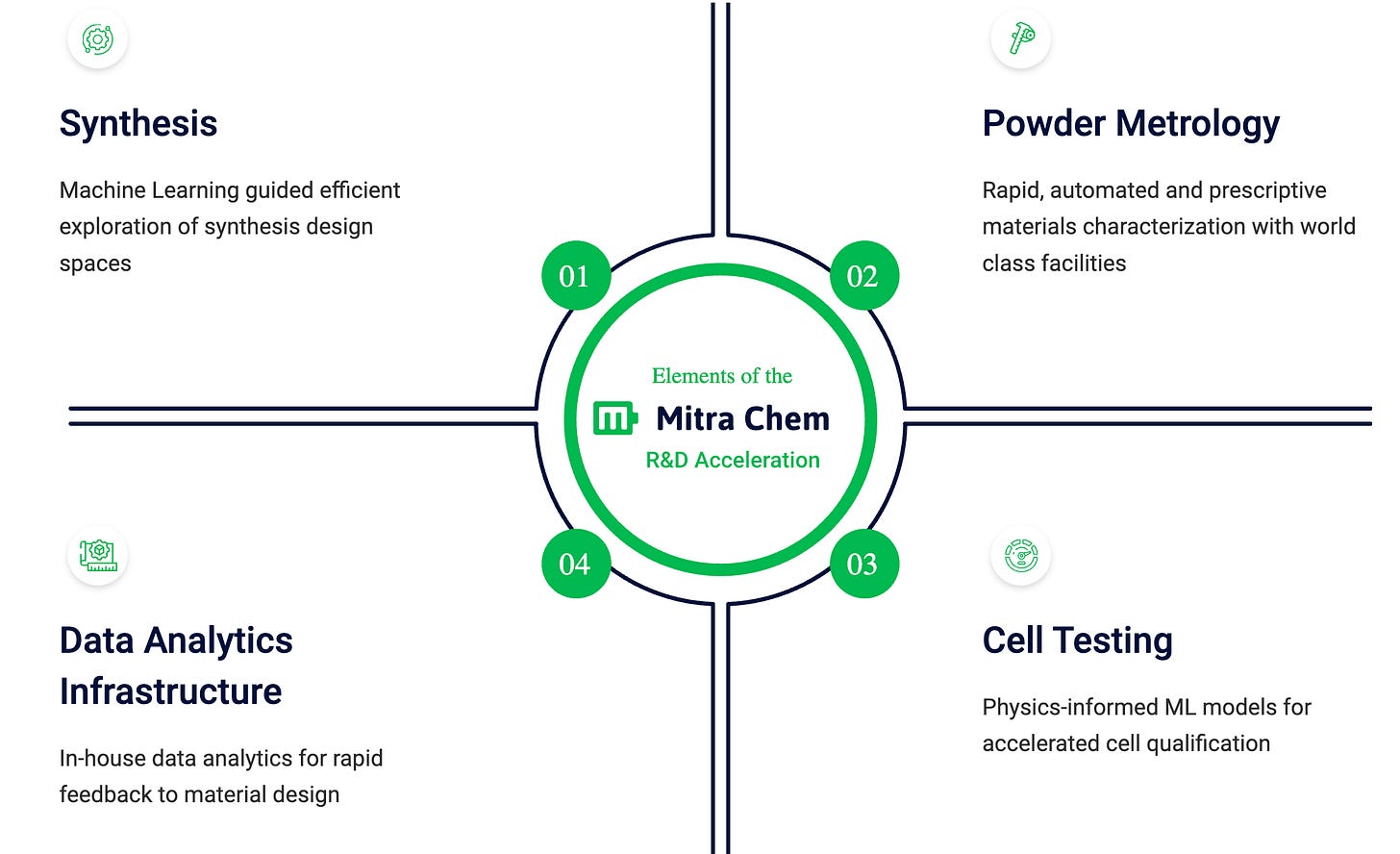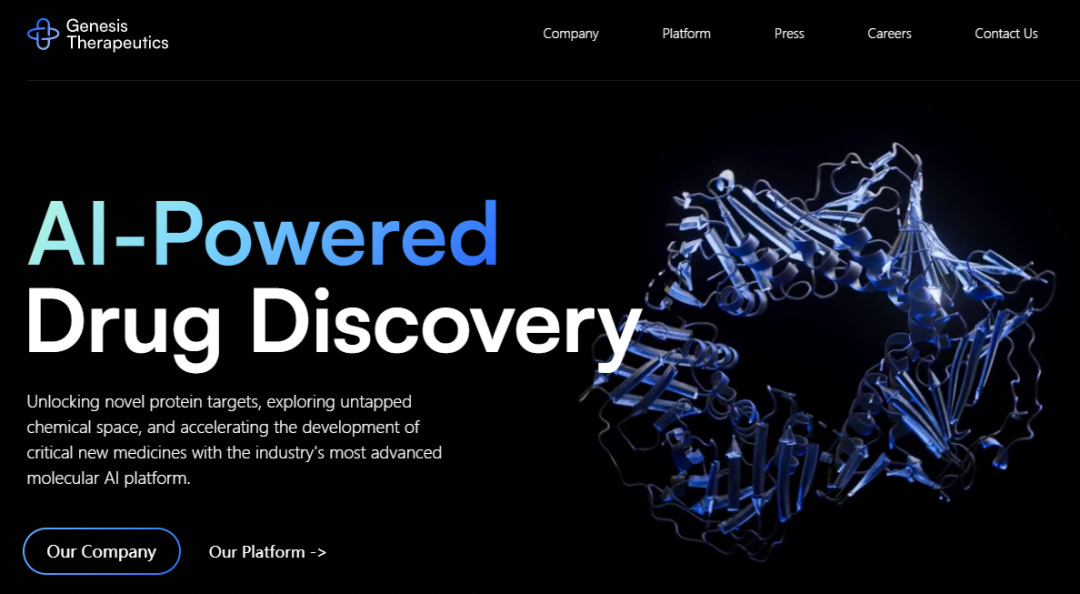AI+Neuroscience "re-create" Pink Floyd song from brain signal; and more ...
The Intelli-Science Monthly, Aug 2023
You never know when or where AI and Science would converge
§1. Machine Learning and Intelligent Systems
1/ OpenAI Just Bought a Game Studio
OpenAI announced the acquisition of video game startup Global Illumination, creator of the open-source "Minecraft" clone "Biomes." While OpenAI's motivations are unclear, the move allows them to bring aboard Global Illumination's talented co-founder Thomas Dimson, known for developing Instagram's content ranking algorithm. Speculation is that OpenAI could be looking to train AI models like GPT-4 in 3D virtual worlds resembling real life, release an AI-powered game as a new revenue stream, or use the technology to generate dialog for video game NPCs. Overall, the acquisition suggests OpenAI sees potential in applying its AI capabilities to the gaming industry, but the company's specific plans and expectations remain unknown.
2/ Dialpad Released The State of AI at Work Report
Dialpad — a industry-leading Ai-Powered Customer Intelligence Platform — today announced findings from its 2023 Dialpad The State of AI at Work Report. Here is a summary of the key findings from the Dialpad report on the state of AI adoption in customer service and sales:
ChatGPT is driving new interest in AI, with 76% of respondents saying they will now consider AI tools after using ChatGPT when they previously did not use AI.
79% of sales and customer service professionals using AI have seen a positive impact on their job performance. Media, entertainment, defense, software, and pharmaceutical industries have been early AI adopters.
70% are not concerned AI will take their jobs. 84% of sales managers believe AI tools are crucial for growth. But 37% cite lack of budget as a barrier to adoption.
84% say their company lacks an AI policy. Over half believe AI is not yet accessible. This highlights the need for ethical guidelines as adoption increases.
30% of small businesses with under 50 employees are most skeptical about using AI tools.
Overall, the report shows growing positivity towards AI among customer service and sales workers, but barriers around budget, ethics, and accessibility remain. As adoption spreads, developing responsible and inclusive AI policies will be important.
3/ US Court Rules GenAI cannot receive copyrights
A U.S. federal court has ruled that works of art created solely by artificial intelligence without any human input cannot be copyrighted under current law. The decision came in a case where computer scientist Stephen Thaler applied for a copyright on an image generated by his AI system DABUS. However, District Judge Beryl Howell upheld the U.S. Copyright Office's rejection of the application, stating that human authorship is a fundamental requirement for copyright protection. Thaler plans to appeal the ruling, arguing that allowing AI copyrights would promote progress in science and the arts as outlined in the Constitution. But the court found centuries of precedent require works to have human creators to obtain copyrights. The case highlights challenging questions as artists increasingly utilize AI in their creative process, pushing the boundaries of intellectual property law.
§2. Advancement in Science
4/ How Global Scientists debunked the super-hyped superconductor candidate LK-99
In late July 2022, a team in South Korea published a preprint claiming LK-99, a compound of copper, lead, phosphorus and oxygen, was a superconductor at room temperature. This extraordinary claim quickly garnered attention as previous superconductors only worked at extremely low temperatures. Initial replication attempts by scientists did not observe room temperature superconductivity but were inconclusive. Over the next few weeks, mounting evidence disproved the claim:
A team in China found LK-99's "levitation" was caused by ferromagnetism, not superconductivity's Meissner effect.
Another Chinese team showed impurities of copper sulfide, not intrinsic LK-99, caused the sharp drop in resistivity initially claimed as proof of superconductivity.
Calculations by a US-European team showed LK-99's electronic structure was incompatible with superconductivity.
In mid-August, a German team synthesized pure LK-99 crystals, proving the material is an insulator without superconductivity.
Through rigorous experiments and analysis of samples, theory, and prior literature, the physics community conclusively demonstrated LK-99 does not superconduct at room temperature. The saga shows the importance of skepticism, precision, and global collaboration in reproducing extraordinary scientific claims.
5/ New treatments for Alzheimer’s offer hope—but raise questions, too
A new study shows donanemab, an Eli Lilly drug targeting Alzheimer's, significantly slowed disease progression. It marks steady progress, but headlines calling it a "breakthrough" are overblown. The costly drug has dangers and works only early on.
6/ A UK Startup claims to recycle heat from cloud computing
Heata, an English startup, has created an innovative cloud computing network that provides free hot water to people's homes by utilizing the heat generated from computer processors. Heata places servers in subscribers' houses that connect via WiFi to form a distributed cloud network which processes data for paying corporate clients. The heat emitted from the busy servers is captured by a conductor and transferred to a boiler which heats water for the home. Each server prevents 1 ton of carbon emissions annually and saves households about $250 on hot water costs. With data centers producing massive heat as AI workloads grow, Heata's model offers a sustainable way to repurpose computing byproduct for social good, while expanding access to an essential resource. The company has installed over 100 units in England to date, helping alleviate energy poverty and reducing cloud computing's environmental impact through an ingenious circular system.
§3. Developments in AI for Science
7/ GM invests big bucks in AI+Battery Design startup
General Motors has invested in the battery startup Mitra Chem to help accelerate the development and commercialization of new EV battery chemistries like lithium manganese iron phosphate (LMFP). Mitra Chem uses AI and machine learning to rapidly develop and test new battery formulations. The $60 million investment will support Mitra Chem scaling up operations and aim to cut the typical lab-to-production timeline by over 90%. GM hopes Mitra Chem's technology and expertise will reinforce its own battery R&D efforts, leading to more affordable and better performing cells. This aligns with GM's strategy to build a US-focused battery supply chain and transition fully to EVs across its lineup. Overall, the partnership aims to bring advanced battery chemistries like LMFP to market much faster to benefit GM's future EVs.
8/ AI-based drug discovery startup lands $200M
Genesis Therapeutics, an AI-focused biotech startup, has raised $200 million in Series B funding. The round was co-led by Andreessen Horowitz and an anonymous life science investor. The company uses AI to design novel small molecule drugs. It aims to speed up drug discovery and improve success rates.
The funding will support advancing Genesis' AI technologies, expanding its pipeline of potential drugs, and moving its first AI-designed drugs into clinical trials. Genesis has partnerships with major pharmas like Eli Lilly and Genentech.
9/ Pioneer of AI for Science awarded ICIAM Maxwell Prize 2023
The 2023 ICIAM Maxwell Prize has been awarded to mathematician Weinan E. The Prize - created with the joint support of the James Clerk Maxwell Foundation and the Institute of Mathematics and its Applications - is one of the world's top awards in applied mathematics, aimed at recognising originality in the field. The award is made every four years, to coincide with the four-yearly congress of ICIAM - the International Council for Industrial and Applied Mathematics - which this year will be in Tokyo in August.
Professor E's work has had an impact in areas including fluid dynamics, chemistry, material sciences, and soft condensed matter physics. He has carried out pioneering work in the application of machine learning, including the application of deep learning techniques to scientific computing.
He says that the advent of machine learning is transforming applied mathematics from a mass of techniques to a unified discipline. "In the history of science, there were two periods of time that made the most impact for applied mathematics. The first was the time of Newton, during which it was established that mathematics should be the language of science. The second was the time of von Neumann, during which it was proposed that numerical algorithms should be the main bridge between mathematics and science. Now the third time is at the horizon, a time when all the major components of applied math are in place, to form the foundation of not only interdisciplinary scientific research but also exciting technological innovation. This is truly an exciting time."
One more thing …
10/ Neuroscientists Re-create Pink Floyd Song from Listeners’ Brain Activity
Neuroscientists have for the first time reconstructed a song - Pink Floyd's "Another Brick in the Wall, Part 1" - from brain activity data recorded while people listened to the track. Using electrodes placed on listeners' brains and machine learning algorithms, the researchers captured the electrical signals generated in response to musical elements like tone, rhythm, and lyrics. These signals were then decoded by an AI model and processed to recreate an approximate rendition of the original song, with garbled but recognizable lyrics. While still rudimentary, the technique demonstrates the potential to one day use brain-computer interfaces to help people who have lost the ability to speak regain their voice and communicate more naturally.
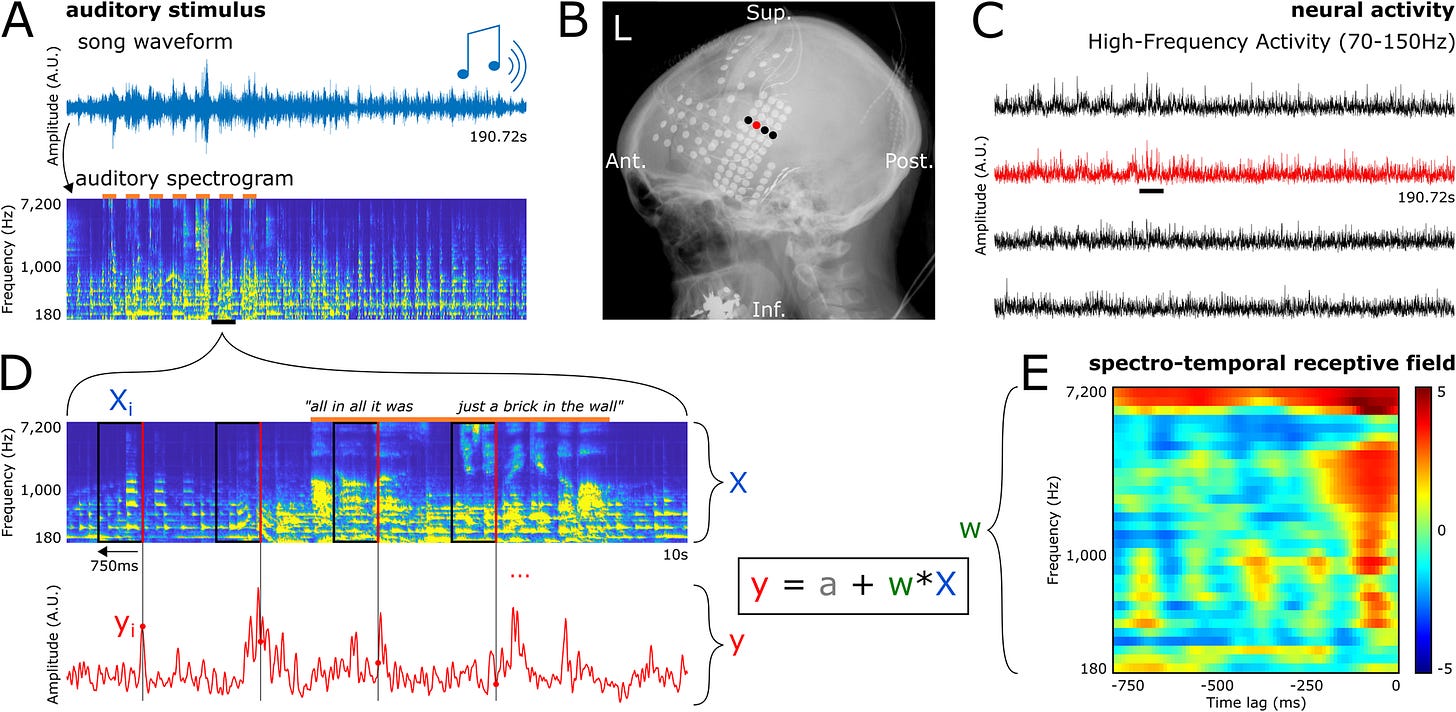
Disclaimer: This page contains links and summaries of articles that have been curated from various sources. The curator makes no claims as to the accuracy, completeness, or reliability of the information provided in the original articles. Links are provided for reference and convenience only. Readers should evaluate the source and credibility of any content referenced in this newsletter and proceed at their own discretion.



